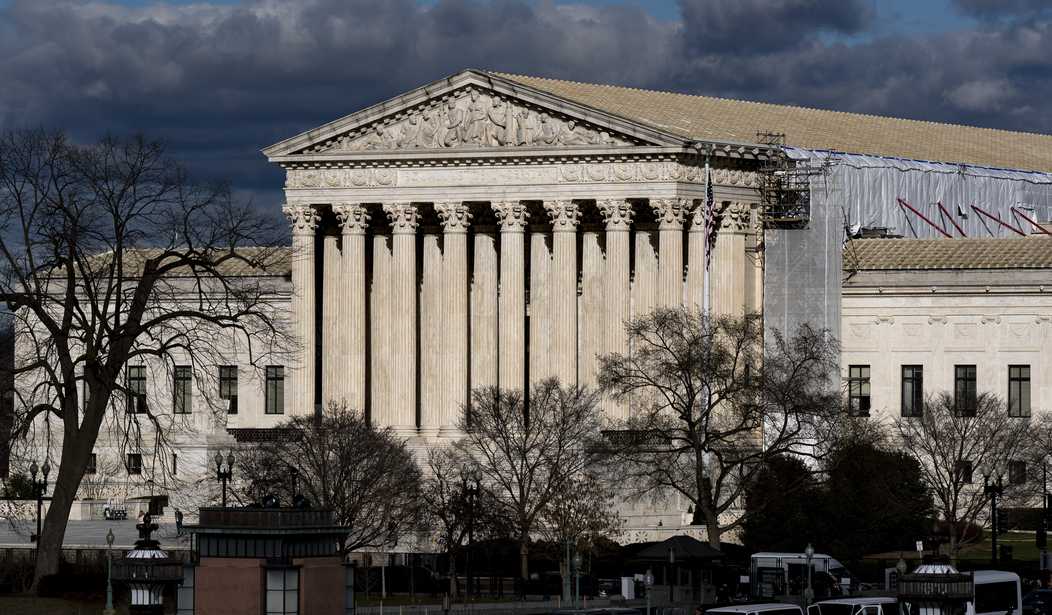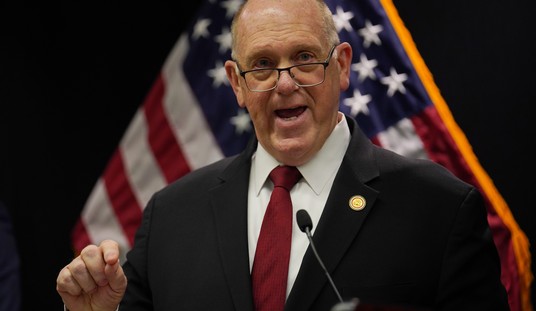Jazz wrote about this case earlier but since then people have had a chance to listen to the 2 1/2 hours of argument over this case. The consensus seems to be that a majority of Justices are leaning toward siding with Grants Pass, the town in Oregon which was sued over its efforts to regulate camping in public spaces by the homeless. Naturally, the case seems to have divided the Justices along partisan lines.
Throughout the more than two-hour argument, the court’s three liberal justices were most skeptical of laws passed by the city of Grants Pass that they suggested criminalize the most basic of human needs.
Justice Elena Kagan told the city’s attorney that its laws go well beyond the need to clear encampments from public spaces. “Sleeping is a biological necessity,” Kagan said. “Sleeping in public is kind of like breathing in public.”...
But several conservative justices, who make up a majority of the court, suggested that policymakers, and not judges, should be setting local rules for dealing with homeless people.
Chief Justice John G. Roberts Jr. asked the Biden administration’s lawyer why “these nine people” are the right ones to “weigh the policy judgment.”
The key to making sense of this case is that it's not really about Grants Pass, Oregon. The decision of the 9th Circuit is being applied to all of the states covered by the 9th Circuit which in turn include big cities like San Francisco, Los Angeles, Portland and Seattle. It's those cities that are dealing with the bulk of the crisis and they have appealed to the Supreme Court to clarify the ruling of the 9th Circuit so that they have some control over their own streets and parks.
This case asks how the Court should apply its decision in Robinson v. California (1962), which struck down a California law making it a crime to “be addicted to the use of narcotics.” Robinson reasoned that the government may not make it a crime simply to be something — what the Court called a “status” crime — so a state cannot arrest someone simply for being a person with a drug addiction.
That said, Robinson does permit a state to punish “a person for the use of narcotics, for their purchase, sale or possession, or for antisocial or disorderly behavior resulting from their administration.” So it is constitutional to punish someone for actions that are closely tied to their status as an addict, even if the addiction itself cannot be a crime.
The issue in Grants Pass is that the city enacted a web of ordinances that do not explicitly ban being homeless within the city’s borders — that is, they do not actually say that someone can be charged with a crime simply for existing without a permanent address. But the plaintiffs in this case, unhoused residents of Grants Pass, Oregon, argue that the city enacted so many restrictions that it is inevitable that any homeless person in that city will eventually violate one, and thus these ordinances amount to an effective ban on the status of being homeless.
Basically, no one is arguing that cities or states should be able to criminalize the fact that someone is homeless. The question is whether or not you can criminalize behavior of the homeless at all, especially if they are homeless voluntarily rather than involuntarily. For instance, if San Francisco offers a homeless person living in a tent camp a bed in a shelter and that person refuses to accept it (which happens every day) is the city still helpless to remove that person from the sidewalk?
At present, cities have been unwilling to push that boundary but the Supreme Court could clarify that these rules only apply to those who are involuntarily homeless, i.e. those for whom no alternative bed is available. So if someone refuses an offer of shelter, the city could then arrest them for violating its laws against camping on the sidewalk.
And although the cases being considered mostly revolve around sleeping, the same logic could also apply to a lot of other behaviors. If sleeping in public is kind of like breathing in public, as Justice Kagan claimed, what about pooping in public? You can't criminalize pooping if someone has no where else to go, can you? And yet, it's obvious that having people use the sidewalks and parks as a bathroom is very sub-optimal for other residents. In San Francisco the city pays a crew to steam clean the sidewalks every morning largely because of this problem.
What about lighting fires? People camping outside frequently light fires for warmth and/or to cook. Staying warm is just as much of a necessity as sleeping and eating is also a necessity. Does this mean cities can't prevent the homeless from lighting fires wherever they go? It's a serious issue because homeless fires are responsible for as much as half of all calls to fire departments in cities like Portland. In Seattle, fire crews were responding to about five homeless camp fires per day. And fires started by homeless people have turned into major blazes in many cities.
Questions like these are probably why most of the SCOTUS justices would rather not be making these decisions for the entire US. But as Vox's Ian Millhiser points out there is an outside chance that Justices Brett Kavanaugh and Amy Coney Barrett could side with the liberals or that Thomas and Sotomayor could succeed in convincing the court that the plaintiffs lack standing given that none of them appear to have been criminalized prior to filing their case against the city.
Whatever the case, the court will likely issue its decision sometime in June so we won't have to wait very long. Here's a local news report from Portland.








Join the conversation as a VIP Member